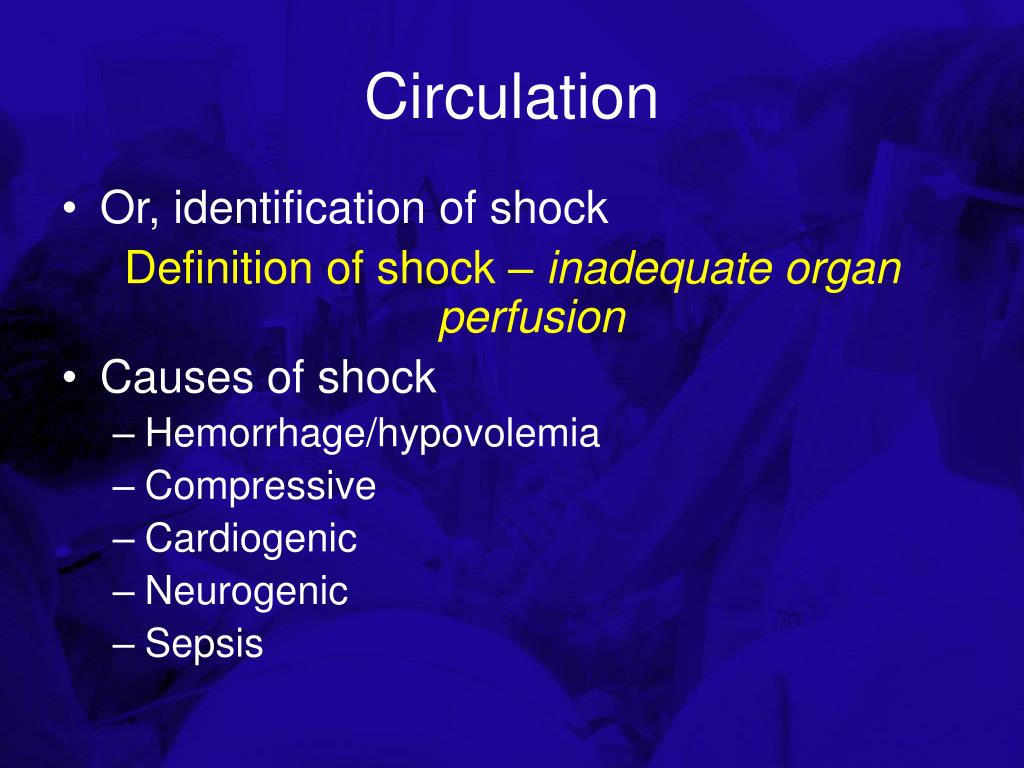

Insidious trauma refers to the daily incidents of marginalization, objectification, dehumanization, intimidation, et cetera that are experienced by members of groups targeted by racism, heterosexism, ageism, ableism, sexism, and other forms of oppression, and groups impacted by poverty. The concept is similar to historical trauma, although it is frequently used to refer to trauma that occurs within families rather than in larger (e.g., racial, ethnic, cultural, or religious) groups.ĥ. Intergenerational trauma refers to the effects of harms that have been carried over in some form from one generation to the next. While the term refers to events that occurred in the past, it is important to remember that for many communities the trauma or oppressive conditions associated with the historical trauma have been institutionalized and are ongoing (Packard, 2012 BigFoot, 2000 Willmon-Haque & BigFoot, 2008, Braveheart, 1999).Ĥ. Historical trauma follows from events such as the colonization of generations of Indigenous Peoples, the enslavement of Africans and their descendants, and the losses and outrages of the Holocaust. Understanding historical trauma means recognizing that people may carry deep wounds from things that happened to a group with which they identify, even if they did not directly experience the event themselves. Historical trauma refers to cumulative emotional and psychological wounding over the lifespan and across generations, emanating from massive group trauma experiences. Collective, Organizational, and Community Trauma. The terms collective trauma, organizational trauma, and community trauma refer to the impact that traumatic events can have on the functioning and culture of a group, organization, or entire community (e.g., the effects of the 1999 Columbine High School shooting, Hurricane Katrina, and the 9/11 terrorist attacks on their respective communities).ģ. Trauma often impacts individuals in multiple domains, including physical, social, emotional, and/or spiritual ( Giller, 1999 Pearlman & Saakvitne, 1995 van der Kolk & Courtois, 2005).Ģ. A key aspect of what makes something traumatic is that the individual’s coping capacity and/or ability to integrate their emotional experience is overwhelmed. Trauma is the unique individual experience of an event or enduring condition in which the individual experiences a threat to life or to her or his psychic or bodily integrity, and experiences intense fear, helplessness, or horror. Being familiar with the meaning of these terms will deepen your understanding of the field and make it easier to communicate with others about trauma and trauma-informed services.ġ. The following terms are used by victim advocates, service providers, policymakers, researchers, and academics working at the intersection of trauma and domestic violence.


 0 kommentar(er)
0 kommentar(er)
